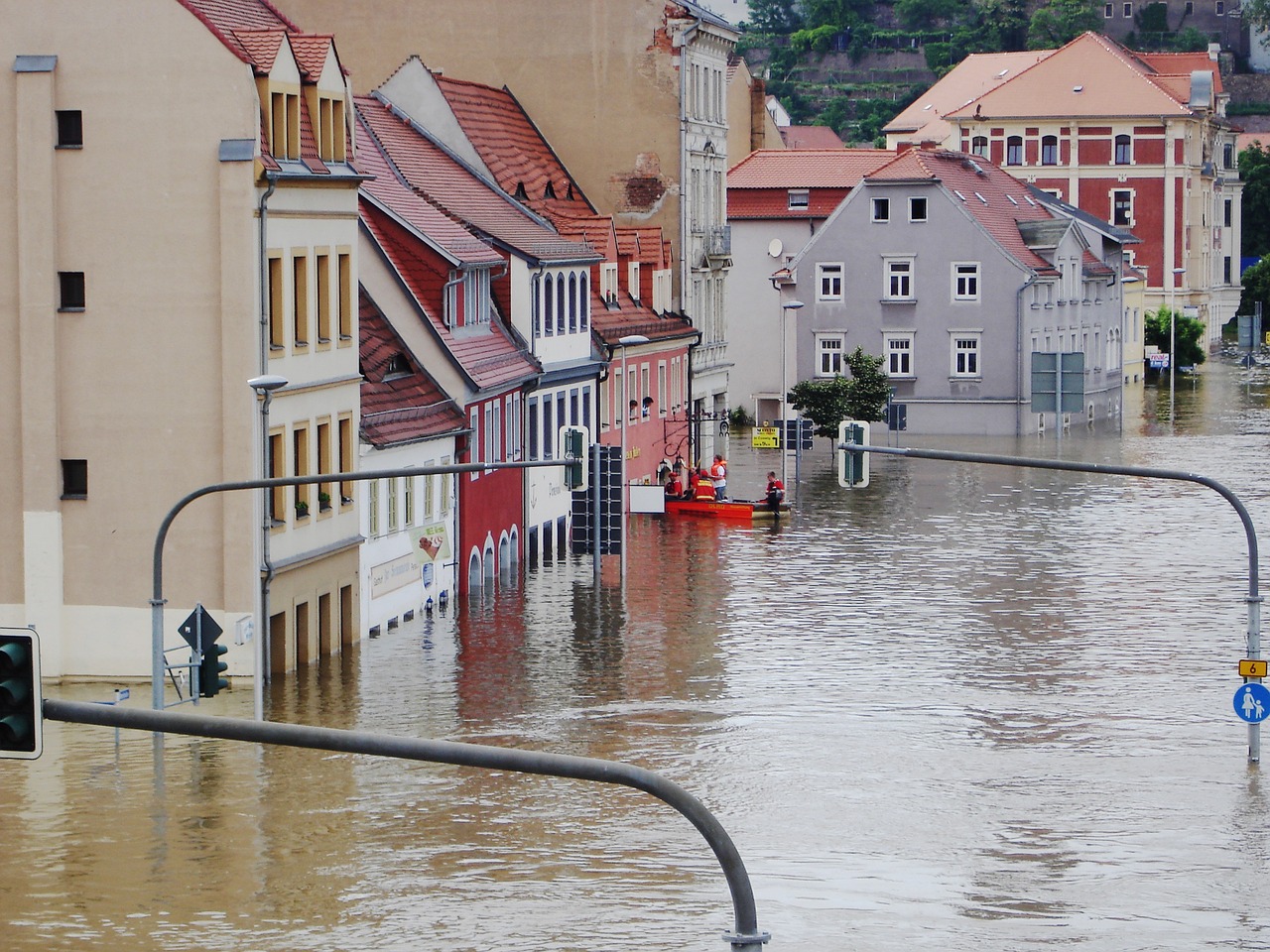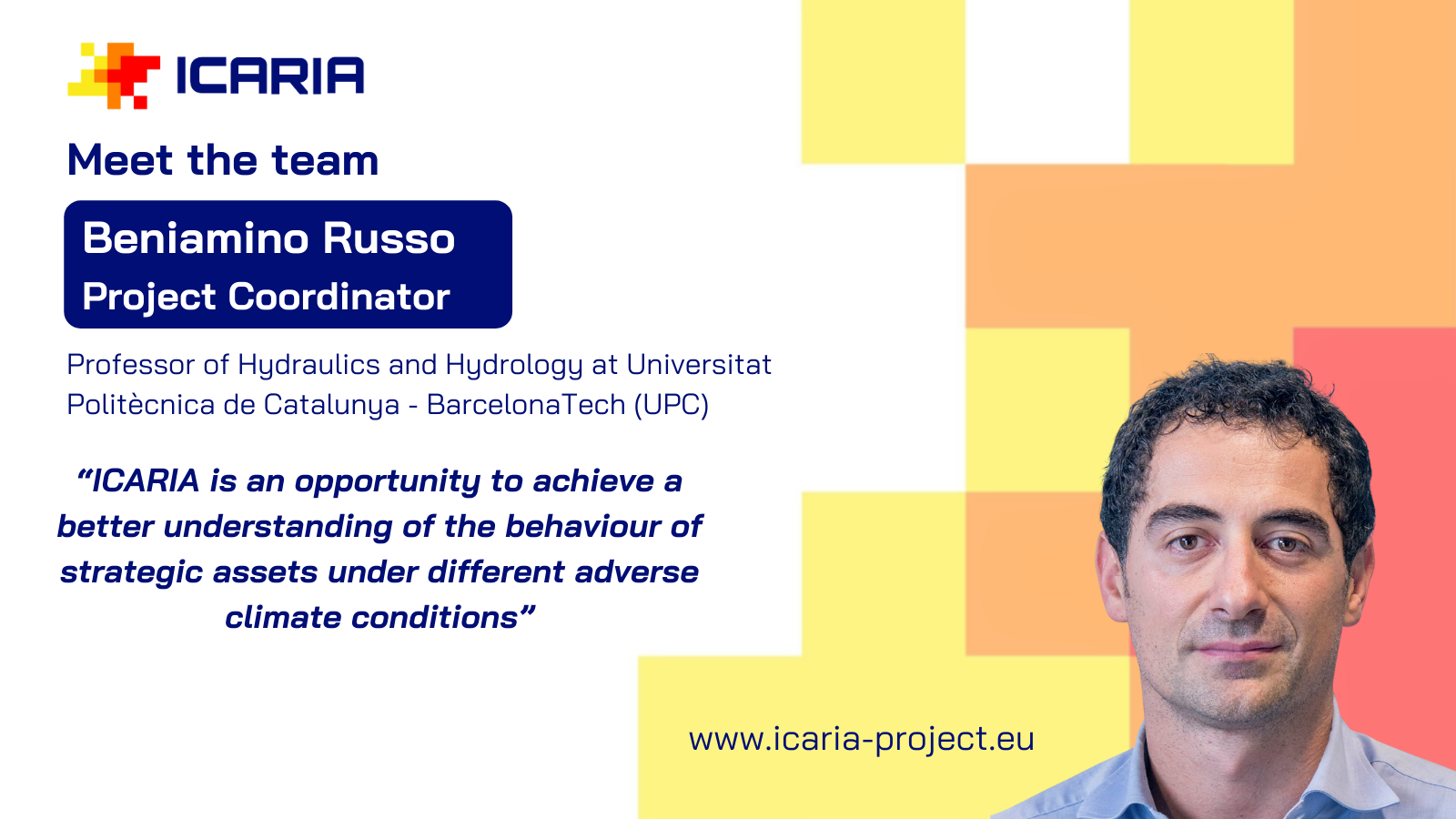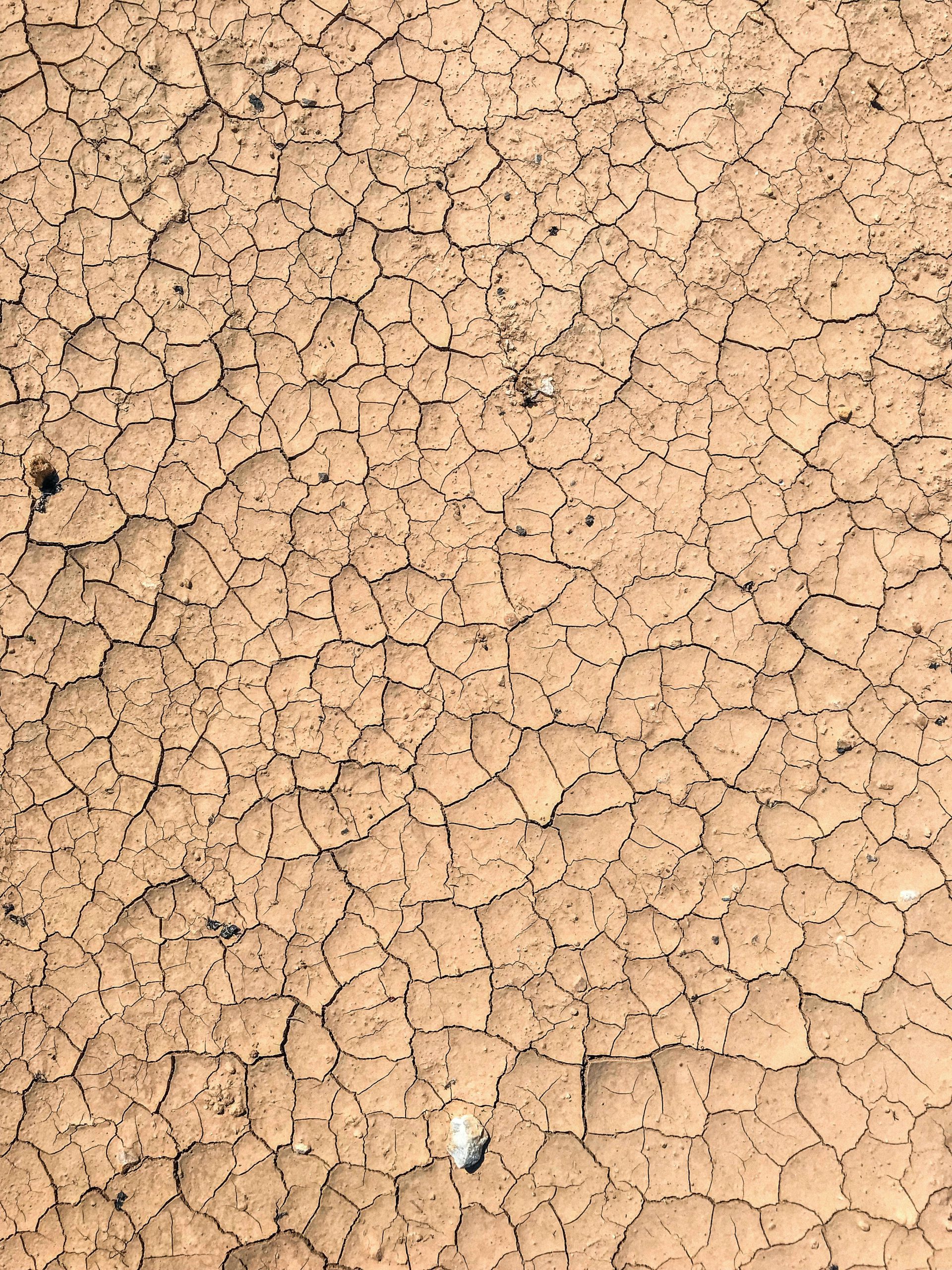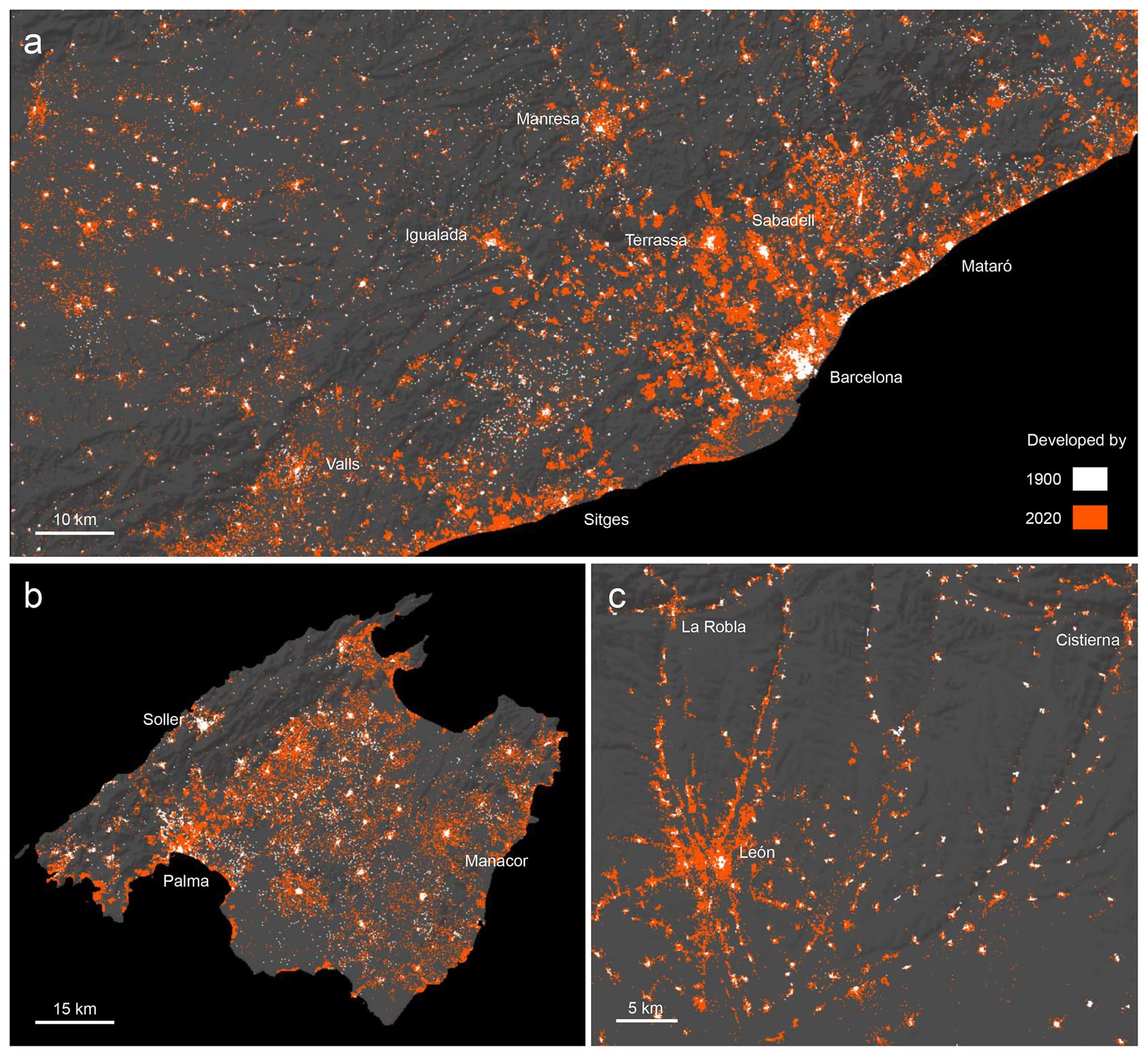
#1 | Get to know ICARIA in depth: new scientific paper of the project
Among the consequences of climate change, the increase in the number of climate-related disasters over the last two decades stands out, a trend that will progressively increase in the medium and long term. In this context, the aim of the ICARIA project, funded by the Horizon Europe programme, is to enhance climate resilience. To this end, the project will employ an asset-level modeling framework to better understand climate-related impacts and reduce risk by providing sustainable and cost-effective adaptation solutions.
The publication of the scientific paper on ICARIA in Sustainability aims to disseminate the objectives of the project, the methodologies to be carried out, the assessment approaches to be followed and the main scientific and technological results expected to be achieved, given that the project is currently at an early stage.
Context: the increase in climate disasters
In the period from 2000 to 2019, more than 7,000 natural hazard-related disasters were recorded worldwide, affecting more than 4 billion people and causing economic losses of almost USD 3 billion. These figures represent a sharp increase compared to the previous two decades. Much of this increase is due to a significant rise in the number of climate-related disasters (heat waves, droughts, floods, etc.), the frequencies of which are increasing dramatically due to the current climate change crisis. It is estimated that the world could lose around 10% of its total economic value due to climate change if temperature increases remain on the current trajectory and both the Paris Agreement and the 2050 net zero emissions targets are not met.
ICARIA: Improving climate resilience of critical assets
ICARIA focuses on both critical assets and services that were not designed for possible climate change-related impacts, which may increase unplanned disruptions and failures, as well as housing, natural areas and population. During the project, state-of-the-art methods related to climate scenario building, coupled asset-level modelling and multi-risk assessment approaches will be implemented and replicated in three EU regions to understand how future climate scenarios could affect critical assets and provide decision support tools to the private sector.
The project aims to promote the use of a comprehensive asset-level modelling framework to achieve a better understanding of climate-related impacts caused by complex, compound and cascading disasters and potential risks. To this end, a comprehensive climate risk and resilience assessment framework will be developed, including the development and validation of state-of-the-art asset-level models. It will allow the simulation of cascading effects (caused by single and compound events) and will perform multi-hazard and multi-risk assessments for different scenarios.
The ICARIA Case Studies Regions
ICARIA focuses on three European regions, with profound differences regarding their geographical and population characteristics, which face distinct climatic risks: the Barcelona Metropolitan Area in Spain, the Salzburg Region in Austria, and the South Aegean Region in Greece.

Expected results
ICARIA aims to address climate-related hazards in European regions by employing advanced methods to develop customized hazard scenarios and assess multiple climate risks, including compound events.
The project offers an important tool called ICARIA Decision Support System (ICARIA DSS) to help local administrations improve their climate planning policies based on customized adaptation scenarios. Stakeholder participation plays a key role, with the creation of local communities of practice to collaboratively address systemic climate adaptation challenges and ensure a participatory process to identify needs and co-create adaptation solutions.

If you want to read the full article, please CLICK HERE.
More news

Meet the team: Beniamino Russo
Beniamino Russo is Professor of Hydraulics and Hydrology at Universitat Politècnica de Catalunya – BarcelonaTech (UPC) and is the Project... View Article

#3 | ICARIA at the forefront of climate projections
By César Paradinas (FIClima) Understanding future climate trends starts with having the right climate information, which serves as the foundation... View Article

Get to know ICARIA technology better: new scientific paper about HISDAC-ES (1900–2020)
In this “Data description” paper, we presented the creation and characteristics of Historical Settlement Data Compilation for Spain (HISDAC-ES), a... View Article

